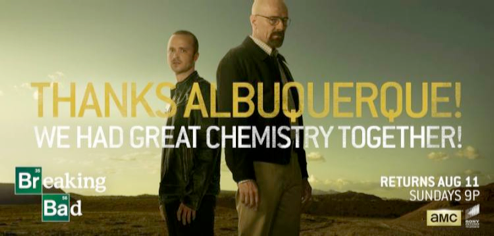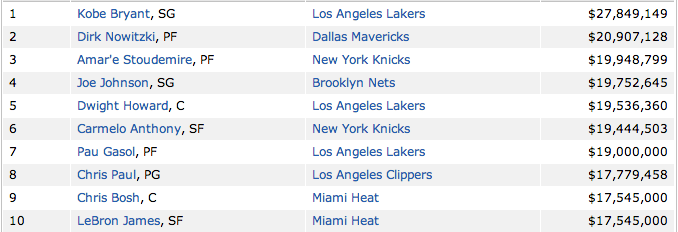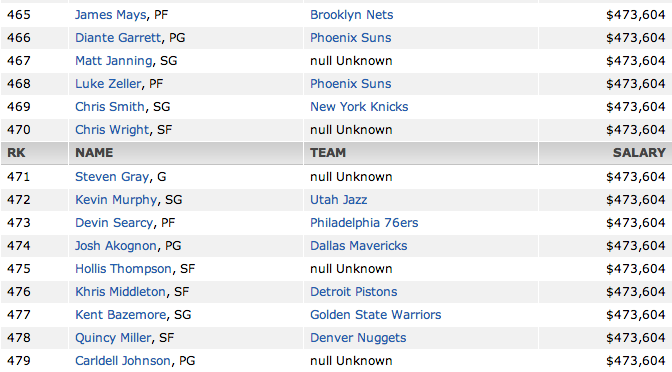The California TV industry has decided that it would rather do business anywhere but at home.
At one time, just about every show on the 4 major networks was filmed in California. Today just 40% of production takes place in California, down from 47% in 1997, and that percentage continues to drop as more states offer tax breaks to production companies.
45 states (and several countries) have some kind of film or TV production tax credit. Often this takes the form of a tax rebate, and sometimes the rebate is even transferable. Say a production company faces a $10,000 state tax bill and receives a production credit of $15,000. The production company can sell the remaining $5000 tax credit to a resident of that state. Of course, the buyer isn’t going to pay full price. The more tax credits on the market, the cheaper they’ll be. If the production company can get 80¢ on the dollar, it’ll receive $4000 and the buyer will save $1000 in taxes.
Is this corporate welfare or just good business? New Mexico state senator John Arthur Smith (D-Deming) thinks it’s the former:
I watched the Oscars and I have a difficult time with this, watching actresses wearing $35,000, $40,000 dresses and then we ask the taxpayers to help pay for it.
(People of Deming, your male state senator watches the Oscars and knows how to price women’s clothing.) In 2010-11, 39 movies and 3 TV series were filmed in New Mexico, including AMC’s Breaking Bad. Albuquerqueans, especially the business owners, might disagree with Senator Smith.
- Over 7 years and 62 episodes, the production of Breaking Bad has contributed $70 million in economic activity exclusive of actor, writer and director salaries
- The production has employed 120 people, all but 12 of them New Mexicans
- 2 of the show’s stars (Bryan Cranston and Aaron Paul) have bought homes and lived at least part-time in area.
- The city will use its newfound notoriety to lure tourists long after the show has gone off the air.
Massachusetts hosted 25 movies and 9 TV shows in 2010-2011. The state Department of Revenue studied the economic impact of its own production credits for 2006-08 and concluded:
- Most tax credits went to non-residents
- Most of the jobs created were part-time, lasting a few days to a few months
- It cost about $88,000 in tax credits for every full-time equivalent job
Massachusetts’s tax incentives mostly take the form of straight cash payments, no or few strings attached. New Mexico tied its incentives to local investment. If you’re a production company, you can’t take full advantage of New Mexico’s incentives unless you build facilities in the state and/or hire New Mexicans.
This company that brokers tax credits for the film industry confirms that Massachusetts’s credits are more generous than New Mexico’s. That’s great news for production companies, not so much for taxpayers (nor for state residents who want to work in the film industry.)
New Mexico’s incentives include:
- 25% rebates for any TV production company that shoots at least 6 episodes in the state and has a budget of at least $50,000 per episode. This percentage increases to 30 next year.
- 30% rebates for feature films that use resident labor in a qualified production facility.
- 25% rebates on all other direct production and post-production expenditures subject to New Mexico taxes. Movies must shoot at least 10 days in the state for budgets under $30 million, 15 days otherwise.
The state makes $50 million of taxpayer money available every year. Unused money remains in the fund for subsequent years.
Here are Massachusetts’s incentives:
- 25% payroll tax credit (and sales tax exemption) on any project that spends more than $50,000 in state.
- 25% tax credit on any project that spends most of its budget (or films most of its principal photography) in the state. This includes out-of-state purchases and equipment rentals.
- No residency requirement.
- The credits are transferable. If you can’t sell them, the state will buy them for 90¢ on the dollar.
- Credits can be used for up to 5 tax years.
Did you catch that penultimate one? Why is the state in the business of buying back tax credits (at a premium to what the market would bear, no less?) Massachusetts wants to get companies to film in the state, without giving a thought to long-term goals like supporting ongoing production. The aforementioned study argued that the program was a failure, and cited incentive money being paid to non-residents as proof. Hard to imagine why, seeing as the program has no residency requirement. Two other things Massachusetts doesn’t have? Production studios and local talent.
If a state doesn’t use its tax incentives to create an environment that will bring production companies back, that state will just compete with every other state for a smaller piece. What would happen to the money if every state eliminated its production incentive program? Would taxes decrease, or would the money just be spent elsewhere?
Offering incentives without a plan is stupid. Throwing cash (other people’s, no less) around indiscriminately is no way to achieve results, largely because it makes no mention of results. Think about that the next time you give money to your kid. Or a charity. Or a street urchin.








